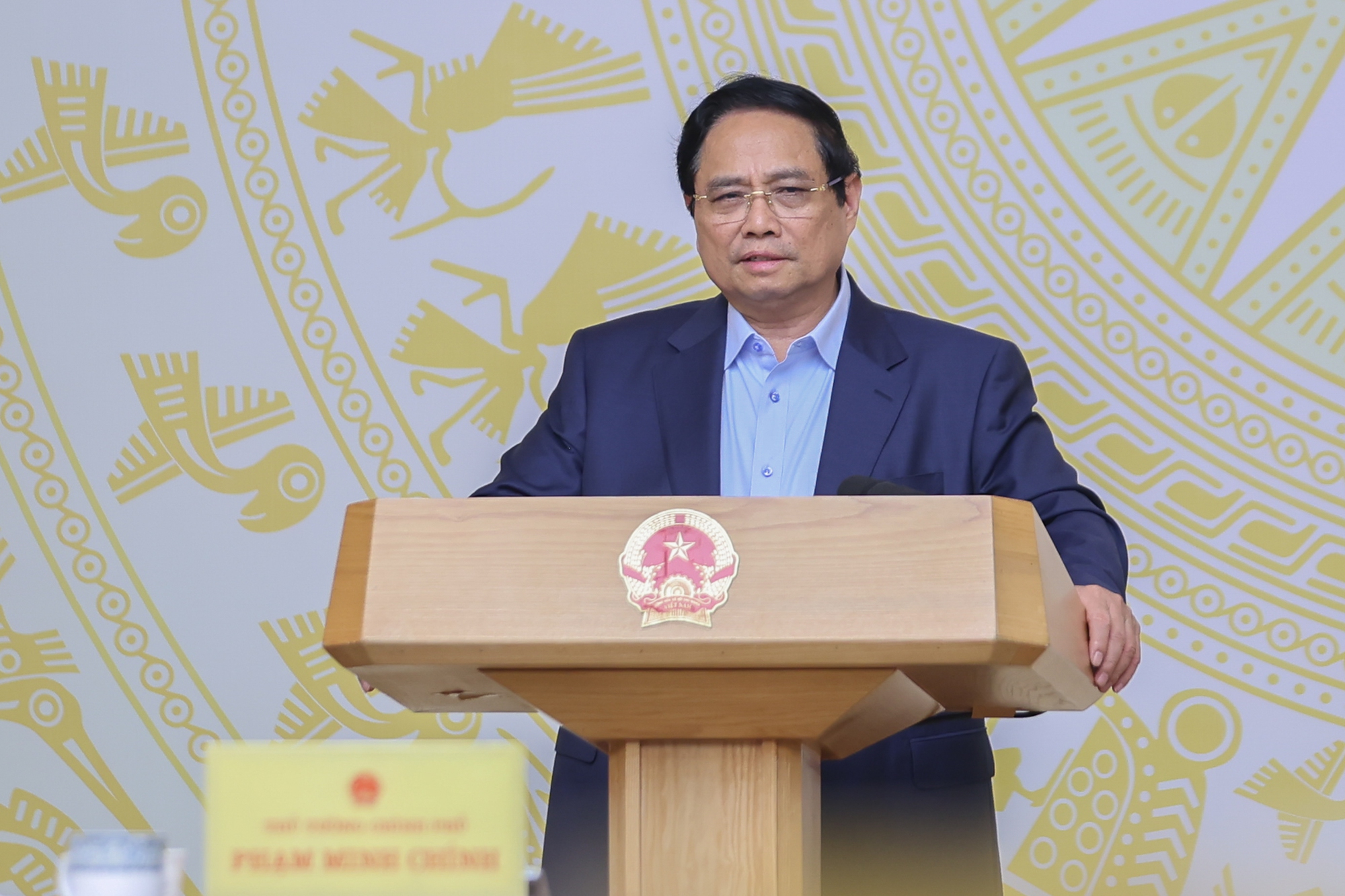Vietnam currently has over 940,000 businesses and more than 5 million household businesses. The private sector contributes over 30% of total state budget revenue, employs 82% of the workforce, and accounts for approximately 50% of the GDP. Resolution 68, issued by the Politburo in May, affirms the private sector as a crucial driver of the national economy.
At the National Steering Committee meeting on 4/8, which reviewed the implementation of Resolution 68, the Ministry of Finance reported a significant shift in public perception and understanding of private sector development in the three months since the resolution's enactment.
Many associations and businesses believe Resolution 68 has truly ignited the entrepreneurial spirit, fostering a sense of encouragement, support, and attentiveness. "Entrepreneurial spirit is on the rise, with a surge in new business ventures," the Ministry of Finance noted. This is evident in the record-breaking numbers of new businesses, revived businesses, and household businesses registered in recent months.
In June alone, over 24,400 new businesses were established, a 60.5% increase compared to June 2024, and double the average for the 2021-2024 period. In July, the country saw an additional 16,500 new businesses, bringing the total from the beginning of the year to 107,700, a 10.6% year-on-year increase. Supplemental capital for existing businesses reached over 2.4 quadrillion VND, a surge of more than 186%.
Over 66,300 businesses resumed operations in the first seven months of the year, a nearly 50% increase compared to the same period last year. In July alone, nearly 15,000 businesses were revived, marking a more than 78% increase.
Additionally, 61,460 new household businesses were established nationwide in July, with registered capital reaching 12.4 trillion VND. This brings the total number of new household businesses in the first seven months to nearly 536,200, a 165% year-on-year increase.
In the first half of the year, nearly 13,700 household businesses transitioned from fixed-rate tax payment to declaration-based taxation, and nearly 1,480 household businesses converted into enterprises. By the end of July, nearly 56,700 household businesses had registered to use electronic invoices generated from cash registers, surpassing the target by over 150%.
 |
Prime Minister Pham Minh Chinh speaks at the National Steering Committee meeting on the implementation of Resolution 68, on 4/8. Photo: VGP |
Prime Minister Pham Minh Chinh speaks at the National Steering Committee meeting on the implementation of Resolution 68, on 4/8. Photo: VGP
Concluding the meeting, Prime Minister Pham Minh Chinh commended the achieved results as reflecting innovative thinking and decisive action. However, he also noted that progress remains slow compared to requirements, especially regarding mechanisms and policies. Administrative procedures and decentralization are still facing obstacles, and support resources remain limited.
Regarding solutions, the Prime Minister urged all levels, sectors, and agencies to continue changing their mindset and create a trend for private sector development in the new context. He emphasized the need to address bottlenecks in institutions, access to land, resources, minerals, interest rate support, human resource training, administrative penalties for competition violations, science and technology, and digital transformation.
The Prime Minister also requested agencies to develop a roadmap for reducing administrative procedures, processing time, and costs; and to increase decentralization and empowerment of localities in resolving administrative procedures. The Ministry of Finance was tasked with developing a set of policies to support small and medium-sized enterprises and household businesses in terms of procedures and tax connections to promote the growth of households into businesses, and small businesses into larger ones. They must also establish mechanisms to support infrastructure (electricity, land rent, fees, and charges) for the private sector.
Furthermore, the Prime Minister assigned ministries, sectors, and localities to increase dialogue, listen to opinions, and participate in building institutions and policies for businesses, household businesses, and citizens. He emphasized the need for practical and decisive implementation, with the spirit of "actions speak louder than words, commitments must be fulfilled."
"We must bring the Resolution to life, create a movement and a trend, and the ultimate measure is the effective contribution of private enterprises and the private economy to socio-economic development, contributing more, higher to GDP," he said.
Phuong Dung












